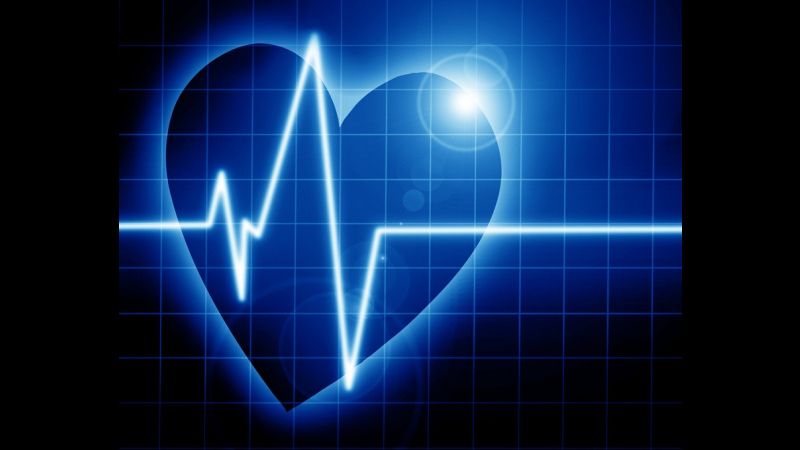We experience a variety of emotions when an emergency strikes, and these emotions can become even more intense if you are alone. This is exactly what happened when Joseph B. from Milwaukie, Oregon, experienced a medical emergency when his blood pressure was very high. Luckily, he was able to receive immediate help with his Medical Guardian medical alert system.
It was just earlier this year at the end of July when Life Safety Consultant Jason Rosengrant recommended that Joseph and his wife Diane share the Mobile Guardian device so they could continue to live an active lifestyle. It was a good thing they purchased this device too, because it was only about a month later that this small device helped Joseph when he was home alone on Sunday, September 13.
With no way of contacting his wife Diane while she was out shopping, Joseph pressed the button on his Mobile Guardian device at 1:13 p.m. and told Christina, the Medical Guardian emergency operator, that his blood pressure was 148 over about 100 (the ideal for seniors is about 120 over 80 or less).
While talking with Joseph, Christina could tell that he was starting to panic, so she made sure that he knew that “help is on the way,” and she reminded him to stay calm and press his button should his condition worsen.
After ending her call with Joseph, Christina immediately contacted emergency services and Joseph’s emergency contacts. One of Joseph’s contacts, Murry R., answered Christina’s call, and after hearing the situation and Joseph’s feelings of anxiety, Murry immediately drove to Joseph’s home and waited with him until the emergency services arrived.
With every Medical Guardian product, you can receive both emergency and non-emergency services – even at the same time as this case above shows.
Controlling Your Blood Pressure
Luckily in the instance outlined above, Joseph knew his blood pressure was very high and that he needed medical attention, but how much do you know about your blood pressure? The National Institute on Aging outlines some of the most basic facts concerning a healthy blood pressure.
What is Blood Pressure & Why Is It Important?
Blood pressure measures the force of blood that pushes against arteries’ walls. It’s important to monitor your blood pressure because if left untreated, high blood pressure can lead to an increased risk in experiencing a heart attack, stroke and even memory loss. Although not as serious, low blood pressure is most commonly caused by dehydration and can cause you to feel dizzy, lightheaded and even faint.
Risks of High Blood Pressure
- Age: As your age increases, so does your risk of developing high blood pressure.
- Gender: High blood pressure is more common among men younger than 55, but women are at a greater risk after menopause.
- Family History: This health risk typically runs in families.
- Race: High blood pressure is commonly seen among African-Americans.
Tips for Monitoring Blood Pressure
- Maintain a healthy weight and diet
- Exercise daily
- Eat less salt
- Lower your alcohol intake
- Don’t smoke
- Get plenty of sleep
Nothing can prevent future health risks quite like an annual physical exam, but for a quick reference, check out the numbers below:
Systolic (first number)
Diastolic (second number)
Normal Blood Pressure
Less than 120
Less than 80
Pre-hypertension
Between 120–139
Between 80–89
High Blood Pressure
140 or more
90 or more
Isolated Systolic Hypertension
140 or more
Less than 90


